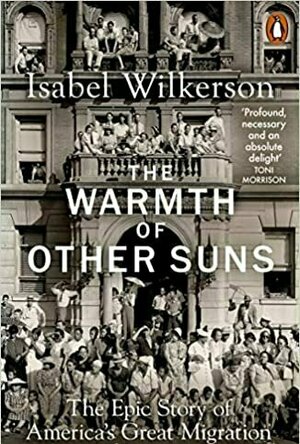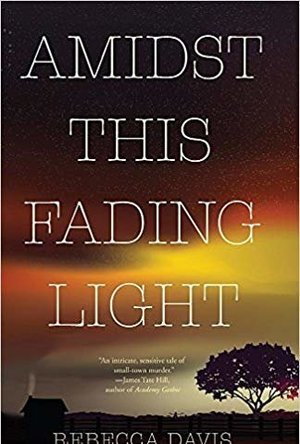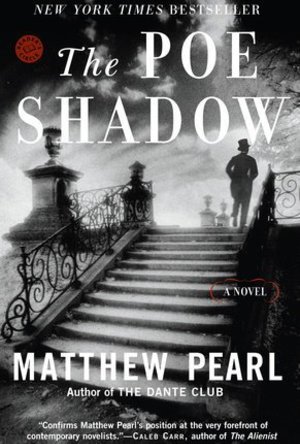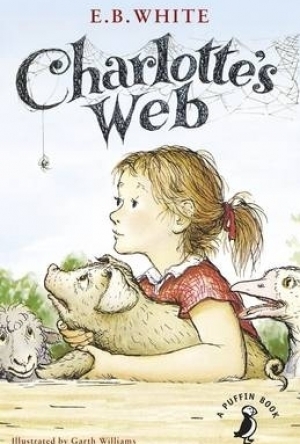Molly J (Cover To Cover Cafe) (106 KP) rated The House By The Cypress Trees in Books
Sep 20, 2019
Julia Ramos and Daniel Stafford are both wonderfully chiseled characters! I loved how Mikalsen created their chance encounter when Daniel nearly ran her over! The attraction between them could be felt as if I was right there standing next to them. Nothing is seeming to go right for either of them while they are in Italy, and it just doesn't seem like the universe is going to help ease their predicaments with all the misunderstandings, the sparks flying and interference from family! But, one night stranded on the side of the road, may be just what they need.
With vivid details of the country side of Italy, and two characters who are from two separate worlds, yet fall into each others paths, and a plot line filled with emotional moments, this is a beautifully written, page turning novel that I highly recommend! Britain, Italy and America collide, quite literally, in this romantic roller coaster ride of a story. It's 4 star worthy, and I look forward to reading it again and again.
*I received a complimentary copy of this book from Author, Publisher and was under no obligation to post a review, positive or negative.*

My Town : Stores
Entertainment and Games
App
A new mall has opened in My Town! Imagine all the stories your children can make up with more than 6...

Hit So Hard: A Memoir
Book
A stunningly candid and inspiring memoir of recovery from addiction and the '90s, by Hole drummer...
Music biography

The Warmth of Other Suns
Book
From the winner of the Pulitzer Prize, this is one of the great untold stories of American history:...

The Nation ePaper
News
App
Subscribe to The Nation ePaper today and get maximum news value - anywhere and anytime The Nation...

Amidst This Fading Light
Book
Dominated by a few old, founding families, Germantown was mired in tradition and hearsay. All that...

The Poe Shadow
Book
“I present to you . . . the truth about this man’s death and my life.” Baltimore, 1849. The...

Charlotte's Web
Book
A Puffin Book - stories that last a lifetime. Puffin Modern Classics are relaunched under a new...
Merissa (13749 KP) rated Her Avenging Angel (Her Angel: Eternal Warriors #4) in Books
Apr 10, 2023 (Updated Apr 10, 2023)
This story is about growth, friendship and personal responsibility inasmuch as it is a love story. All our males grow upon finding their female and none so much as Nevar. He has quite the learning curve to go through but with Lysia by his side, he is convinced that he can do it. Of course, their path doesn't run smoothly but Nevar finds a family that he never before acknowledged, prepared to help him and fight beside him.
All of our favourites are still here and still as brilliant as ever. Asmodeus and Veiron remain my favourites, especially in one of the last scenes where they are making fun of Nevar (but I won't say more than that so that I don't spoil anything!)
There are some interesting leads made in this story which makes me believe that the following stories in this series will continue with the smexiness, action and humour that makes them so enjoyable. Definitely recommended for all fans of PR.
* A copy of this book was provided to me with no requirements for a review. I voluntarily read this book, and the comments here are my honest opinion. *
Merissa
Archaeolibrarian - I Dig Good Books!
July 26, 2016
Merissa (13749 KP) rated Clusterf*@k (Life Sucks #4) in Books
Aug 12, 2021 (Updated Jul 17, 2023)
Misty is feeling lonesome and, maybe, just a tad jealous at seeing her brother and sister-in-law so happy. Although she has lots to be grateful for, a relationship isn't one of them. So when she reverses into Chance's car and he states his interest in front of everyone, Misty's world is about to turn upside-down.
You know, if you are lucky enough, you will happen along an author that just ticks every box. Elise Faber is one of those for me. I found Ms Faber through her Phoenix series, a superb paranormal romance set, but since then, every book I've read I have thoroughly enjoyed. I don't usually 'do' contemporary romance. MM Contemporary? Yep. Romantic Suspense? Absolutely. But for some reason, 'normal' contemporary romance doesn't seem to work UNLESS I'm reading a Faber book. There is something about her writing style, how the story is character-driven, that draws me in and certainly doesn't leave me wanting.
Misty and Chance have their disagreements, and yes, Chance messed up to begin with, but both of these are straight shooters. They don't play games, they don't act coy. What they want, they let you know about. This made their story worth reading. And not only that, but I now need to know the stories for Raven, Frankie, and Maggie! (Psst, Maggie is the next one!)
Full of humour, steam, family moments, and a warmth that seeped through my Kindle, Clusterf*@k was a fantastic read that I have no hesitation in recommending. Absolutely brilliant.
** same worded review will appear elsewhere **
* A copy of this book was provided to me with no requirements for a review. I voluntarily read this book, and the comments here are my honest opinion. *
Merissa
Archaeolibrarian - I Dig Good Books!
Aug 12, 2021


